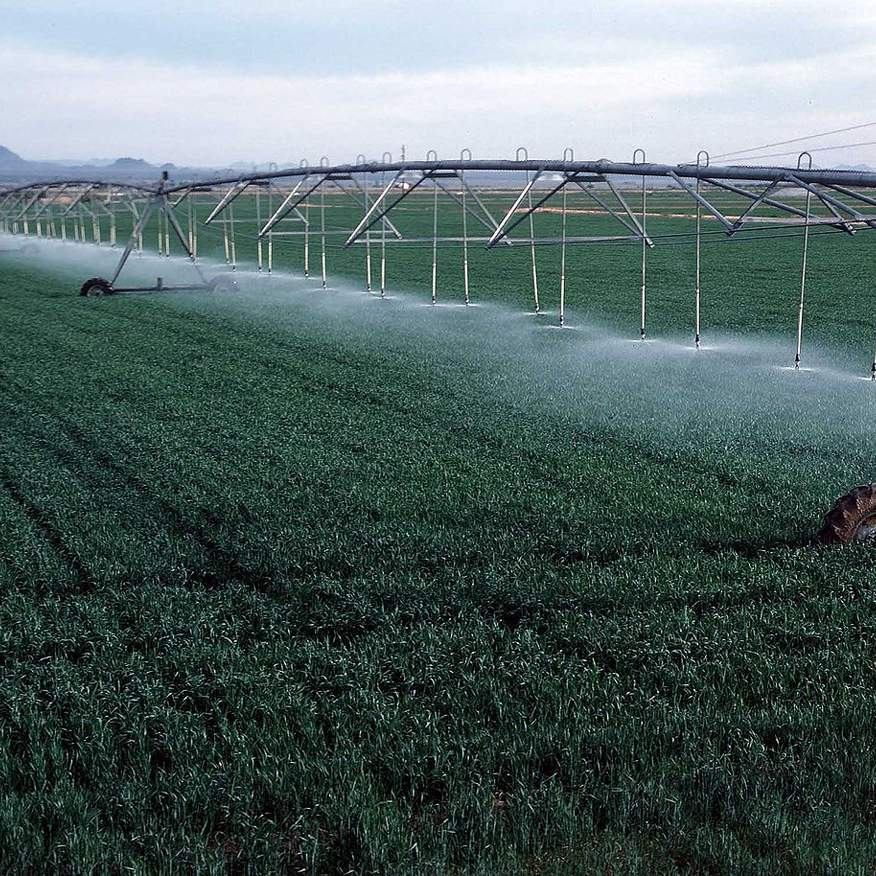
Cross-disciplinary
Ethical, Legal & Social Aspects (ELSA) of Artificial Intelligence for Sustainable Food Systems
In the 21st century, population growth is expected to lead to an increasing demand for healthy and safe food which needs to be produced under challenging circumstances due to climate change. AI and digitalisation more broadly are often put forward as enablers of the transition toward more Sustainable Food Systems (SFS), in which sufficient food is produced with less burden on the environment. However, the development and implementation of AI also raises concerns, as it can disrupt the existing food system and raises ethical, legal and social aspects (ELSA), for instance regarding the fundamental freedom and autonomy of producers and consumers, consequences for employment, and new power relations between companies in the farm value chain or the liability of AI systems.
When9 Jan 2022

Conceptual analysis Energy and Sustainability
A Sustainable Ethics for Future Energy Systems
Sustainable energy systems are undoubtedly a positive technological development from a moral point of view. Many of these systems, however, are themselves not free from ethical controversies. Some controversies emerge from the conceptual confusion accompanying the notion of sustainability, and some appear when sustainability is confronted with other environmental, economic, and socio-political values. This research project aims at (i) the analysis of the notion of sustainability in the context of the discussion of future energy systems, (ii) the development of a normative framework (a sustainable ethics) for the moral evaluation of sustainable energy systems, and (iii) recommendations for the use of such an assessment framework in R&D processes.
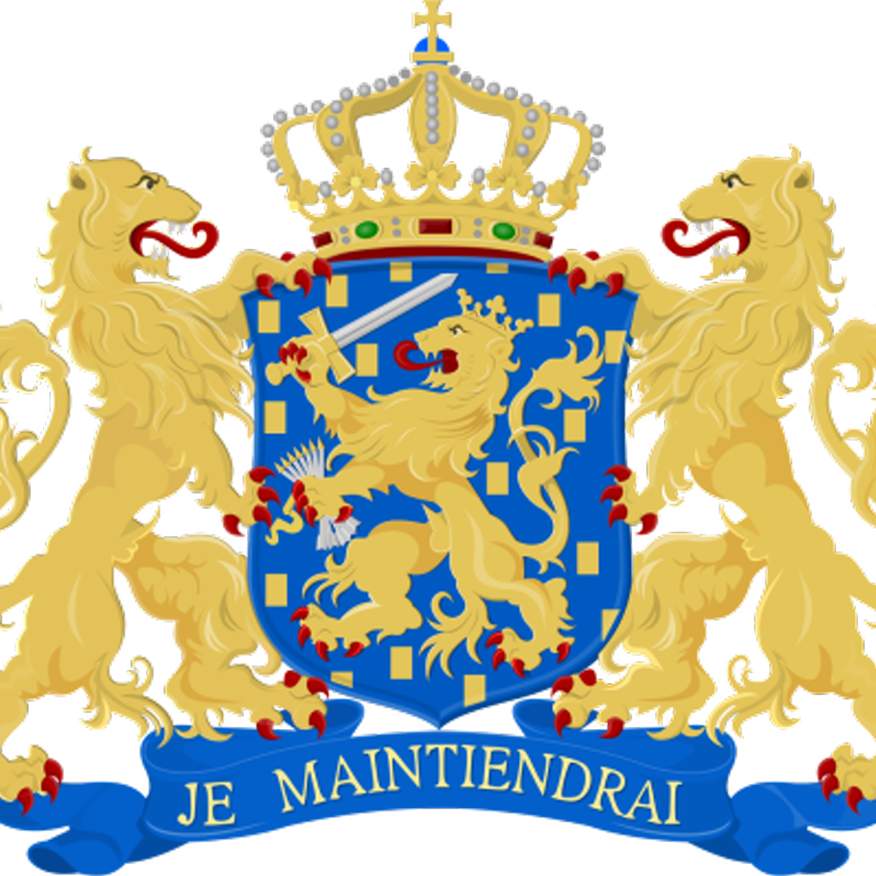
Applied research
Accountability for architectures for identity management systems in E_government
This project was executed in the period 2004-2006 on request of the Dutch Ministry of the Interior and Kingdom Relations. The results were presented in the report “Waardengevoelig Ontwerp en de Automatiserende Overheid: het Voorbeeld van Identiteitsinfrastructuur”.
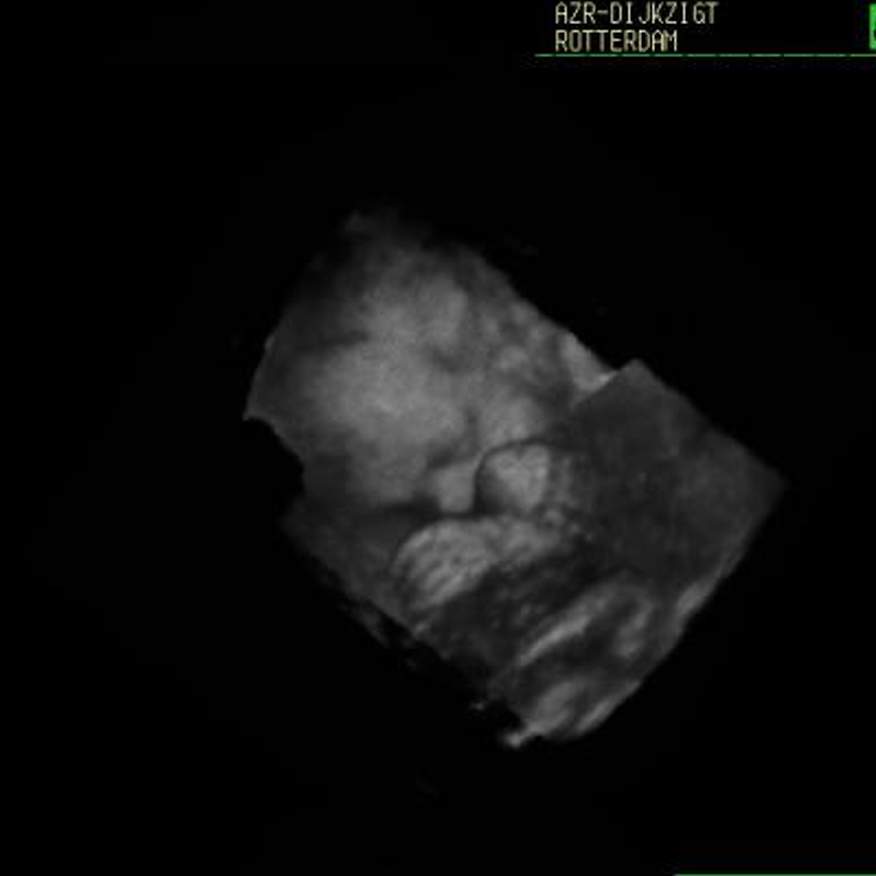
Applied research Medical Technology
Accountability, the use of advanced medical images and the design of hospital picture archive systems
Research of the medical imaging group of Professor Reiber at LUMC (a Dutch hospital) specializes in the development of software which automatically segments, measures, and classifies medical images. With the help of these applications researchers and clinicians can conduct quantitative analyses of medical images.

Applied research
Acting with Artefacts
This PhD research addresses the question of how the involvement of an artefact influences the very nature of an action, and how we can understand such an action from the nature of the artefact. To this end, we will create a typology of both (technical) artefacts and actions, based on salient features and a phenomenological analysis.

Cross-disciplinary Anthropocene Animal ethics
Anthropocene ethics
Recent research shows that many animals have characteristics that we used to think were exclusively human. One of these is the possession of agency: carrying out selfwilled action. In the current era, the Anthropocene, animal agency is increasingly limited. How can we change our ethics to better include animal agency?
WhenJul 2020 - Jul 2024

Applied research Energy and Sustainability
Biofuels: sustainable innovation or gold rush?
Biofuels are controversial. Policy makers and other stakeholders are struggling to find answers to how, and under which conditions sustainability could be realized and how to encourage sustainable practices through guidelines and norms (e.g., derived from the Cramer Criteria). This project aims to address these strategic questions by investigating conceptual, ethical and political aspects of sustainability of biofuels. First, different organizational models for production and use will be studied, their institutional and policy governance; value- and resource trade-offs arising between economic, social and environmental sustainability dimensions generated by these different models; and their relation to societal controversies. It will then be analysed how contestations influence future development of biofuel technologies, and what policy lessons can be drawn from that.
WhenApr 2011 - Jan 2016

Applied research
Biosecurity and dual use research
Many pathogenic agents that are important in life sciences research can be misused for developing biological weapons. To describe and analyse this situation a new concept was introduced in the vocabulary of the life sciences: dual use research. Discussions in scientific and governmental circles show that this new concept and the policy based upon it, is not always clear and undisputed. In this project questions will be treated that are related to the use of the dual use concept in life sciences and in society:

PhD research
BRIdging Technology in the Built Environment (BRIDE)
The aim of the BRIDE project is to explore the role of smart public infrastructure in making and re-making of public space. Utilizing research through design and mobilizing an empirical-philosophical theory of technology, the research team will engage in the design and construction of data interaction systems for an Internet of Things-enabled 3D printed bridge in Amsterdam.
WhenDec 2017 - Dec 2022
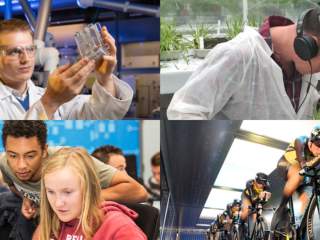
Applied research Robotica
Carebots and the good life
Given the financial pressure on our health care systems and organisations, robots are likely to play a significant role in health care in the near future.
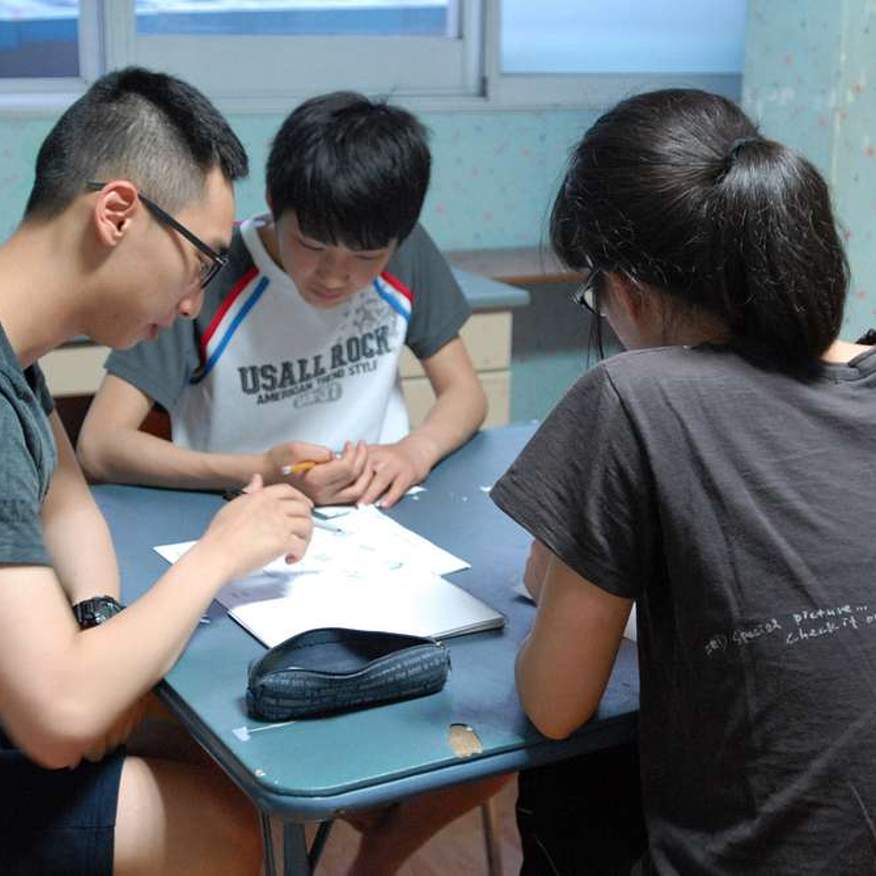
Applied research Engineering ethics Education
Center for Engineering Education project
In its Strategy 2030 document (Executive Board TU/e, 2018: 31), TU/e stresses the importance of digitization, to allow learning at any place, at any time and to support adaptive and personalized instruction and feedback. Intelligent systems could be used to fulfil this need, by providing personalized, automated and timely feedback. One place where this might be especially useful is in the area of writing.

Comet 3.0

Applied research Medical Technology
Communication Support & its Ethics to Improve Patient_Centred Health Care
The health care domain faces many important challenges in coming years. With the introduction and increasing interconnectedness of ICT systems in health care the question arises how to cope with ethical and societal aspects of those systems and the processes they support. Furthermore, accountability of these aspects will become increasingly important. Typically, the focus during the development of complex ICT systems is on technical aspects, costs and functionalities. These systems, however, are built to achieve objectives that often involve conflicts of interest and raise moral issues, especially issues concerning access, privacy, accountability, liability and property. It is therefore essential to take the values of stakeholders and related moral issues explicitly into account at the time of designing the system.
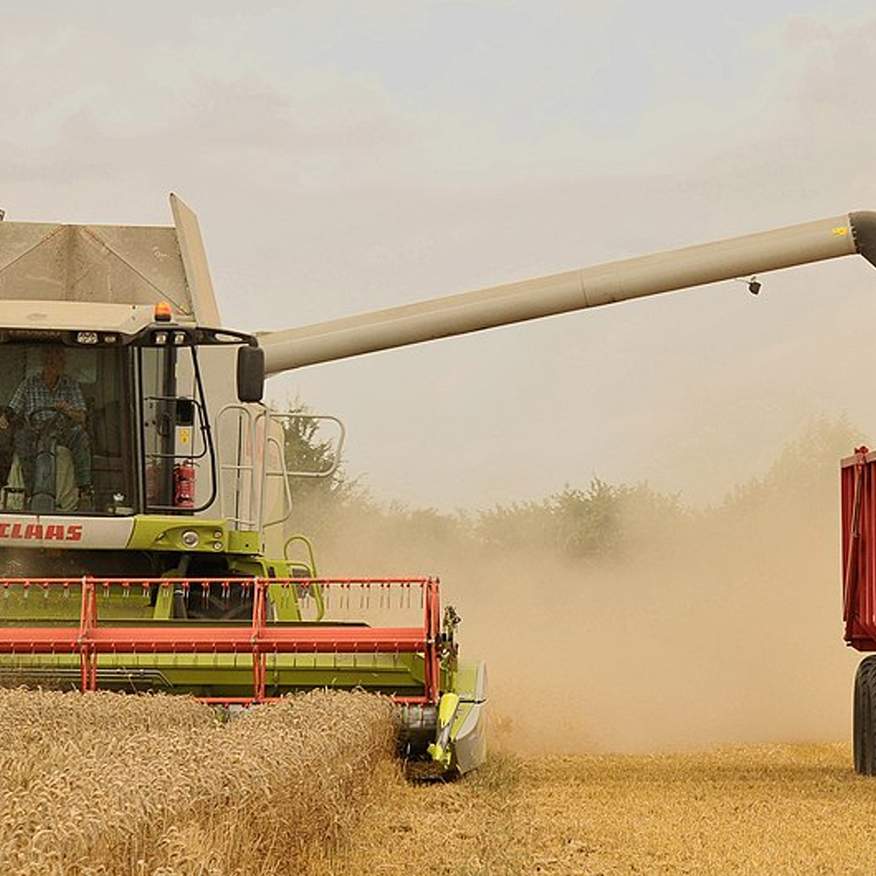
Applied research Food systems
Data4Food2030
We need to address the lack of understanding of multiple aspects of the Data Economy for Food Systems in which data are not only a new economic asset, but a strategic good in the transition to sustainable food systems and to a fair and inclusive society. We need to deepen our understanding and shared perspective of its development, performance and impact, using an interdisciplinary systems approach to avoid possible pitfalls and to ensure that it leads to a desirable future state. Data4Food2030 aims to improve the data economy for food systems by expanding its definition, mapping its development, performance and impact to create new insights and opportunities.
WhenSep 2022 - Sep 2026

Cross-disciplinary
Designing for Controversies in Responsible Smart Cities
As the Amersfoort Municipality is building a new Internet of Things infrastructure, this consortium of public-private partners wants to develop a government-citizen-academic-industry collaboration platform that allows a wide range of stakeholders in a series of co-design sessions to discuss ethical, juridical, and social controversies, and foster broader support. Consortiumpartners: Gemeente Amersfoort, Marxman Advocaten, Aerovision, Kennislab voor Urbanisme and Design Innovation Groep.
WhenMay 2018 - Dec 2022

Ethnography Energy transition Hidden design India Rural developments Smart grids
Developing and Implementing Smart Grids in India
India faces two major challenges in the field of electricity generation and use. Its electricity demand is growing while its central grid suffers from severe performance deficits. Meanwhile, a significant part of India's population does not even have access to the central grid. The Indian government aims to address these challenges in part by using smart grids, energy networks that use ICT to match supply and demand from multiple sources. However, successful smart grid development is not simply a matter of getting the technology right: social embedding, ethical acceptability and institutional support are at least as important. This project therefore sets out to answer the question: How can smart grids be successfully developed and implemented in rural India.

Applied research Medical Technology
Developing scenarios of moral controversies concerning new biomedical technologies
New technologies often go accompanied by moral uneasiness. It is important to policy makers to spot such controversies at an early stage. That can help them prevent the development of technologies that are morally unacceptable to society. Ideally they might even be able to steer technology development in more desirable directions.
Several instruments exist to gear technology and social preferences to one another. In health care, cost-effectiveness-analysis (CEA), medical technology assessment (MTA) and scenario studies in particular are used. However, CEA’s apply a rather limited, economic perspective to technology and neglect issues of distribution. MTA does focus on broader social consequences of new technologies, but can only be conducted when those technologies are already fairly developed. Therefore we want to focus on the third instrument: scenario studies. As exercises in controlled speculation, scenario studies try to anticipate the different technical and social development possibilities at an early stage.
Several instruments exist to gear technology and social preferences to one another. In health care, cost-effectiveness-analysis (CEA), medical technology assessment (MTA) and scenario studies in particular are used. However, CEA’s apply a rather limited, economic perspective to technology and neglect issues of distribution. MTA does focus on broader social consequences of new technologies, but can only be conducted when those technologies are already fairly developed. Therefore we want to focus on the third instrument: scenario studies. As exercises in controlled speculation, scenario studies try to anticipate the different technical and social development possibilities at an early stage.

Applied research Artificial Intelligence
Eindhoven Center for the Philosophy of Artificial Intelligence
The Eindhoven Center for the Philosophy of Artificial Intelligence (ECPAI) advances the understanding of philosophical issues in AI and investigates the ethical and social implications of AI technology through philosophical reflection. Its members, mostly comprised of researchers in the Philosophy & Ethics Group at Eindhoven University of Technology, contribute to interdisciplinary AI research and engage with industry, policy, and civil society actors to ensure the responsible development and use of AI.
See all events, news, and publications related to this center here.
See all events, news, and publications related to this center here.
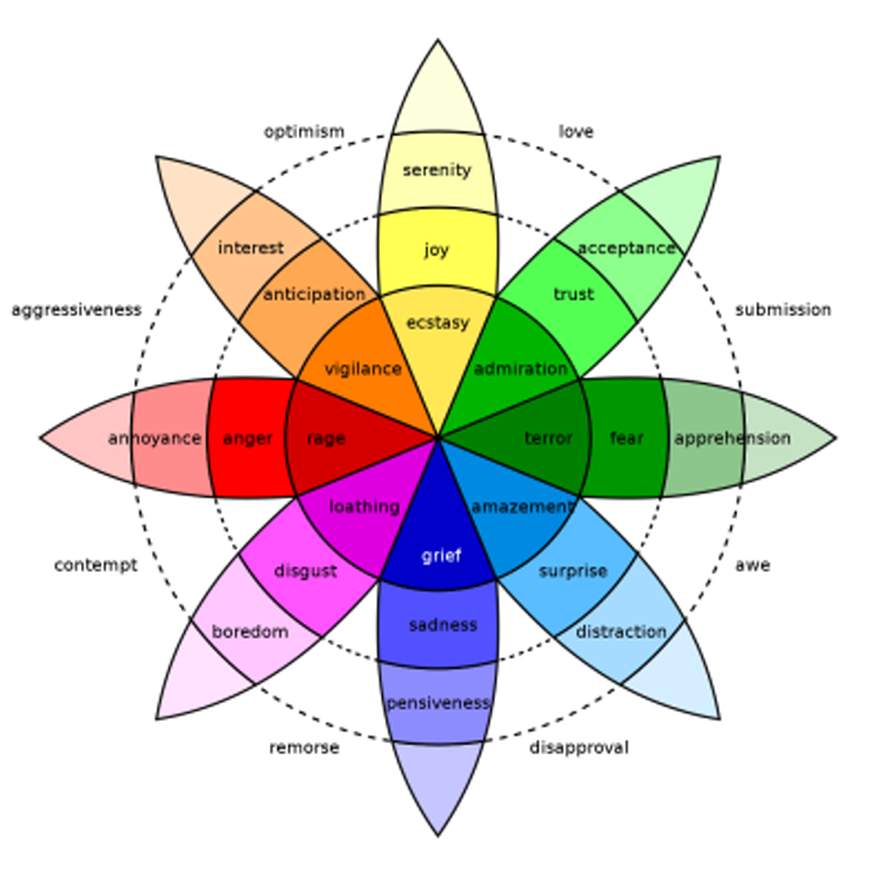
Applied research Technology and risk
Emotions & Technological Risks
This project will argue that we need emotions in order to make a rational decision as to the moral acceptability of technological risks.
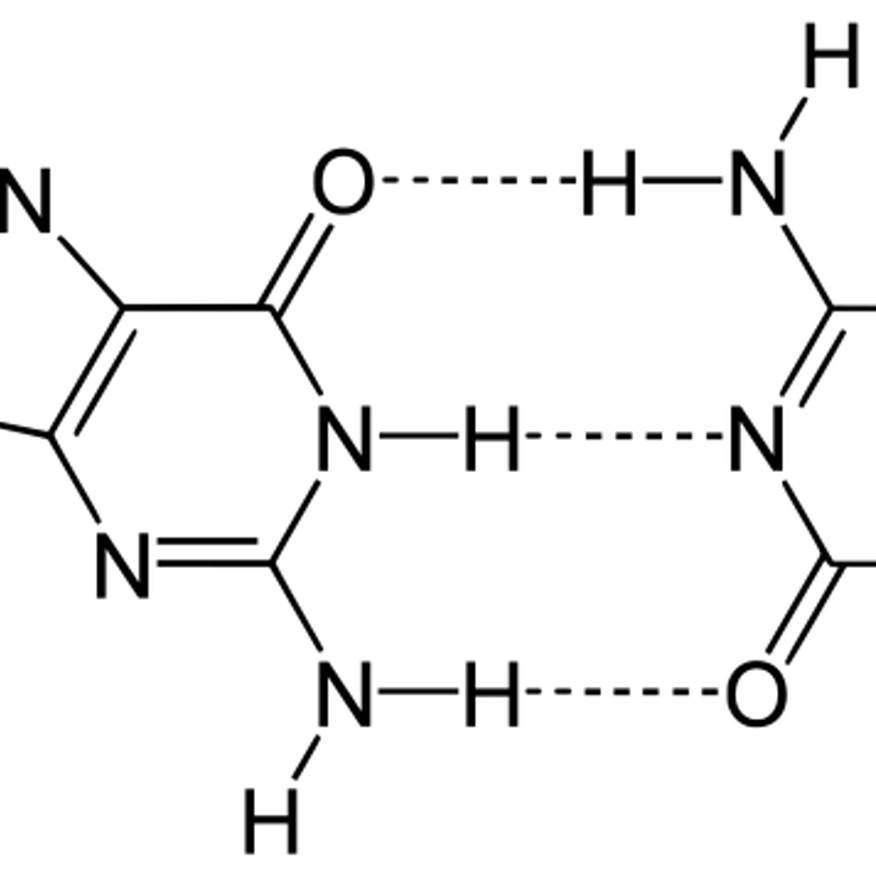
Applied research Medical Technology
Ethical and regulatory issues raised by synthetic biology
The project addresses the ethical, legal and social implications of the emerging field of synthetic biology, with a special focus on biosafety and biosecurity and on notions of life. The project starts with discerning relevant ethical issues in close collaboration with the synthetic biology community. Next, the public debates around these issues are analysed. The current ethical and regulative frameworks existing in synthetic biology and closely related fields like nanobiotechnology and genetic engineering will then be reconstructed and assessed for their ability to deal adequately with existing and newly emerging ethical issues in synthetic biology. On that basis, challenges for current regulatory and ethical frameworks will be identified and recommendations for dealing with these challenges will be formulated targeted at three relevant groups: 1) the synthetic biology community, 2) EU policy makers and 3) NGOs/the public.
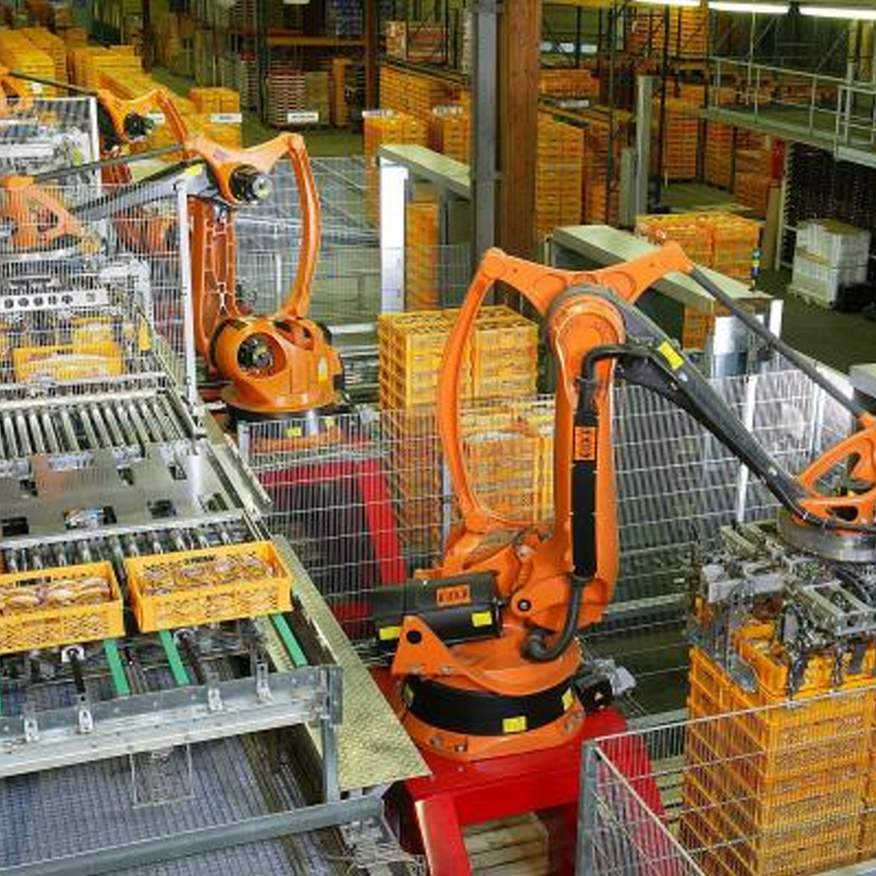
Applied research Energy and Sustainability Moral issues in the use and regulation of technology
Ethical aspects of upscaling an innovative water treatment technology
A critical step in developing new or improved biotechnological plants is the transition from lab-scal model to full-size plant. The inherent uncertainties and incompleteness of knowledge in this discipline may lead to unexpected results, implying risks and hazards. This project aims to make an inventory of these risks and hazards, their ethical aspects, and considerations that researchers actually use to justify their decisions, with a view to formulate criteria to assess the quality of research decisions about the transition and upscaling in the light of the acceptability of the risks and hazards implied by such decisions.

Applied research Energy and Sustainability
Ethical issues in engineering design
The goal of this research was to obtain insight in how engineers deal with ethical issues in daily engineering design practice. It was reasonable to assume that ethical issues and the way engineers deal with them depend on characteristics of the design process. Vincenti�s dimensions were used to characterize different design processes: design type and design hierarchy. In normal design the working principle, how the product works, and the normal configuration, the shape and parts of the product, are known. To obtain empirical data, case studies have been conducted. Two radical design processes, one high level conceptual design (an ultralightweight sustainable car) and one lower level design (a lightweight trailer) have been studied. Besides these two radical design processes, two normal design processes also differing in design hierarchy have been studied (design of piping and equipment for the (petro)chemical industry and the design of a bridge).
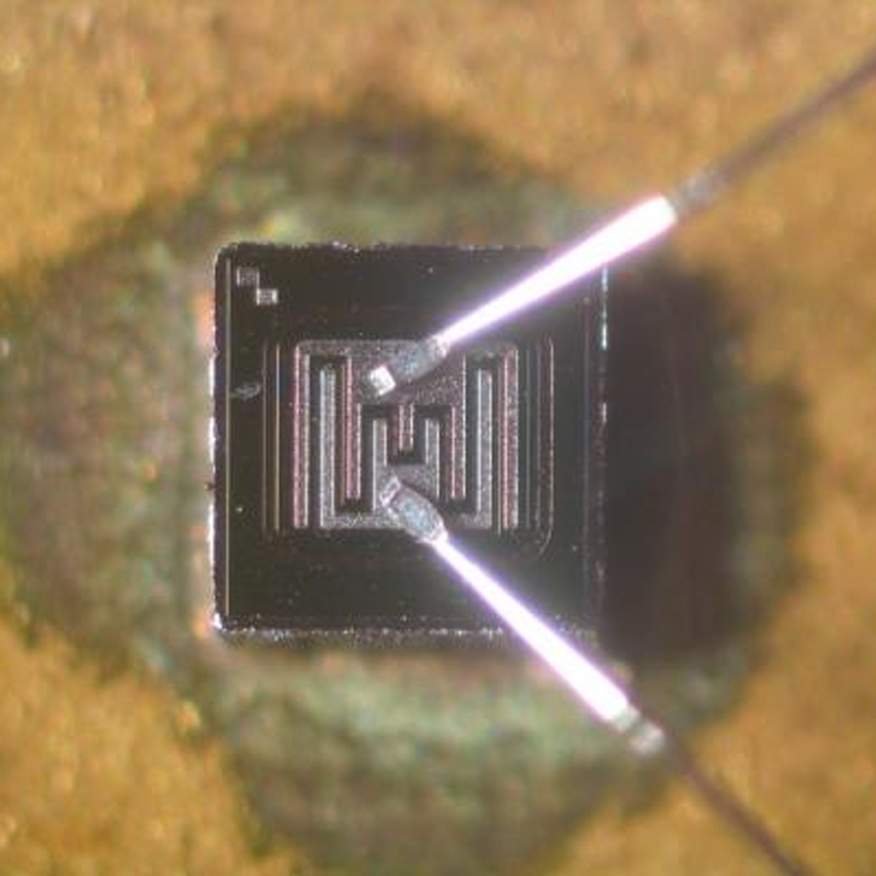
Applied research
Ethical Issues of Emerging ICT Applications
The ETICA project will identify emerging Information and Communication Technologies (ICTs) and their potential application areas in order to analyse and evaluate ethical issues arising from these. By including a variety of stakeholders and disciplinary perspectives, it will grade and rank foreseeable ethical risks. Based on the study governance arrangements currently used to address ICT ethics in Europe, ETICA will recommend concrete governance structures to address the most salient ethical issues identified. These recommendations will form the basis of more general policy recommendations aimed at adressing ethical issues in emerging ICTs before or as they arise. Taking an inclusive and interdisciplinary approach will ensure that ethical issues are identified early, recommendations will be viable and acceptable, and relevant policy suggestions will be developed.

Cross-disciplinary Food systems Artificial Intelligence
Ethical, Legal & Social Aspects (ELSA) of Artificial Intelligence for Sustainable Food Systems
In the 21st century, population growth is expected to lead to an increasing demand for healthy and safe food which needs to be produced under challenging circumstances due to climate change. AI and digitalisation more broadly are often put forward as enablers of the transition toward more Sustainable Food Systems (SFS), in which sufficient food is produced with less burden on the environment. However, the development and implementation of AI also raises concerns, as it can disrupt the existing food system and raises ethical, legal and social aspects (ELSA), for instance regarding the fundamental freedom and autonomy of producers and consumers, consequences for employment, and new power relations between companies in the farm value chain or the liability of AI systems.
WhenJan 2022 - Jan 2026
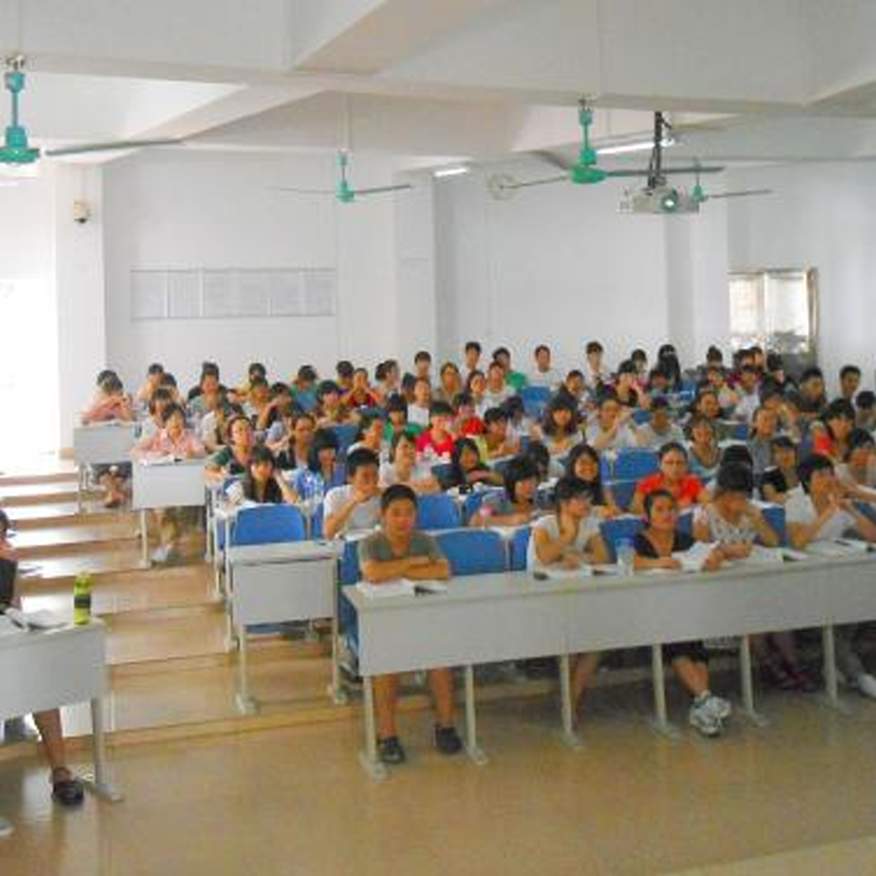
Applied research
Ethics Education for Engineers (SURF grant)
This project (2019/2021) involves a collaboration between the TU/e (head university), TU Delft, UT and the WUR (under the flag of 4TU. Ethics) to develop materials for ethics education for engineers (Bachelor and Master). TU Delft is involved in this project through several people: the project leader is Lavinia Marin; Sabine Roeser and Janna van Grunsven will elaborate the ethical framework for this project; Joost Groot Kormelink contributed substantially in writing the project proposal; and a substantial number of case studies is expected to come from academic personnel working at TU Delft.

Fundamental research
Explain Yourself!
Machine learning models influence impactful decisions. However, such models are increasingly complex and opaque, challenging current philosophical theories of explanation and understanding. This project develops a new framework for identifying whether understanding from machine learning models is possible, and the impact these models have on theories of explanation.
WhenJan 2021 - Jan 2024

PhD research Computer ethics Ethics of Urban Planing and Design Geo-information
Framework for responsible and accountable deprivation area mapping in support of pro-poor policies
Locational data (“geo-data”) has become increasingly available due to technological innovation. This innovation has improved the capability of capturing, storing and processing vast amounts of geo-data, producing results which have commercial and administrative value. For example, such data are essential in the SDG agenda.
WhenOct 2019 - May 2024
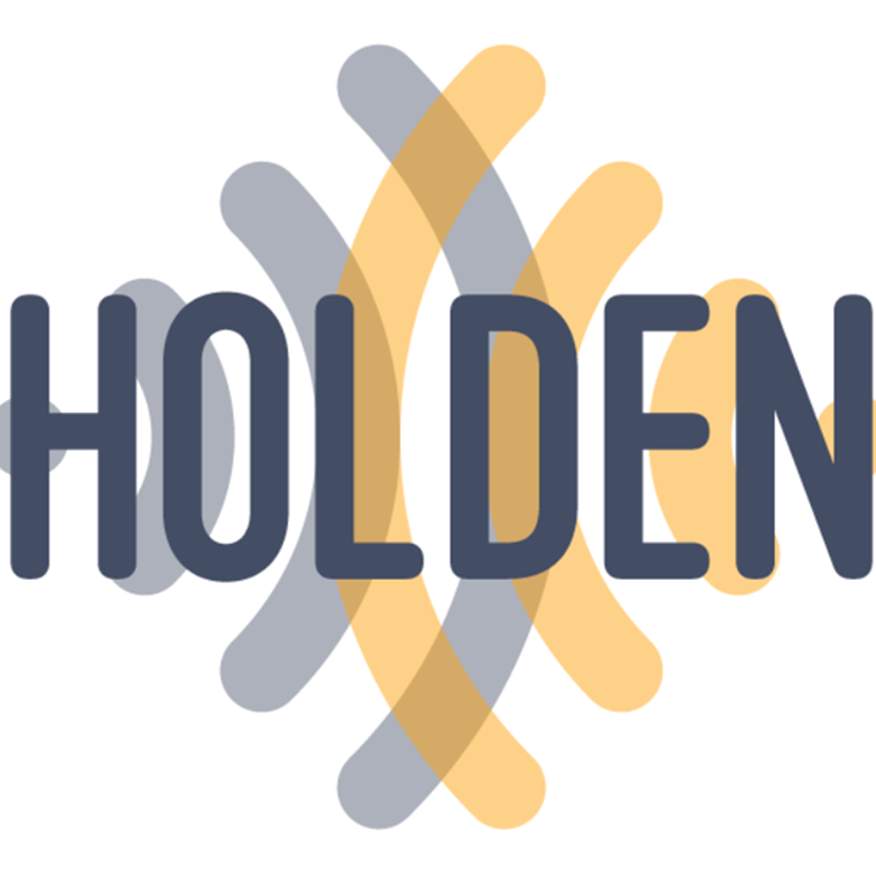
Applied research Digitalization Privacy
HOLDEN - Ethical Design of Holography with Dense wireless Networks
Ubiquitous perception, by sensing of objects, subjects and gestures, is a pivotal challenge for future technology: it enables personalized services such as smart living, automated logistics or interaction through free-space gestures. However, it also challenges ethical and moral boundaries and threatens privacy. HOLDEN proposes a radically new approach to perception by concisely analysing ethical constraints and privacy risks while re-thinking RF-based sensing. We establish necessary conditions for privacy preserving and ethically compliant sensing and develop new paradigms respecting these constraints.
WhenMay 2023 - May 2026

Hostile Scaffolding (Co-Authored with David Spurrett)
Most accounts of cognitive scaffolding focus on ways that external structure can support or augment an agent’s cognitive capacities. We call cases where the interests of the user are served benign scaffolding and argue for the possibility and reality of hostile scaffolding. This is scaffolding which depends on the same capacities of an agent to make cognitive use of external structure as in benign cases, but which undermines or exploits the user while serving the interests of another agent. We develop criteria for scaffolding being hostile and show by reference to examples including the design features of electronic gambling machines and casino management systems that hostile scaffolding exists and can be highly effective. In cases where the scaffolding is deep and permits the offloading of significant cognitive work, hostile scaffolding exploitatively manipulates cognitive processing itself. Given the extent of human reliance on scaffolding this is an important and neglected vulnerability.

Fundamental research
Law enforcement and privacy
Pop AI aims at fostering trust in the application of AI and AI-enable mechanisms in the security domain, by increasing awareness, social engagement and gathering knowledge and expertise from multiple sectors (e.g. academic and non-academic actors). This approach will offer a unified European view across LEAs (Law Enforcement Agencies), while encouraging the creation of an ecosystem that could provide the structural architecture of a sustainable and inclusive European AI hub for Law Enforcement.
WhenSep 2021 - Sep 2023
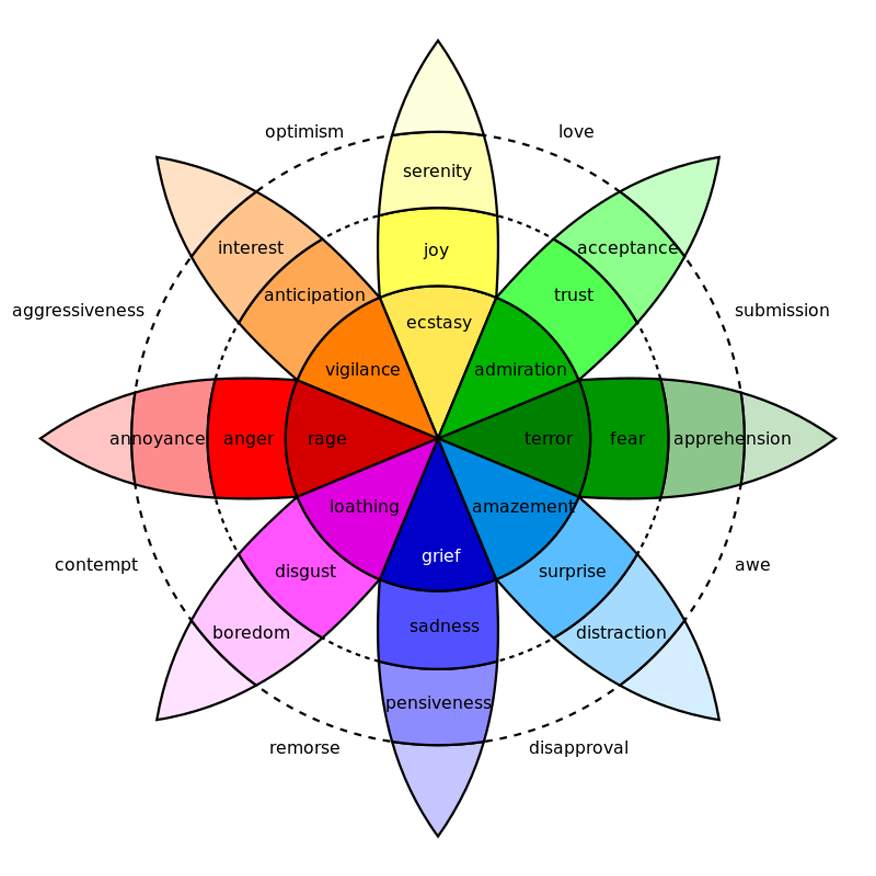
Cross-disciplinary Design for values
Mattering Minds
In our everyday lives we constantly see and respond to other people’s bodily expressions and actions without much effort: you see the bus driver smile as you step into the bus and you smile back with near automaticity; you feel your child shivering from the cold and you immediately try to warm her up with a hug. The ease with which we adequately perceive and respond to one another is so mundane that we barely pay attention to it. However, it signifies a casual yet important way in which we are visible to one another as embodied expressive beings who are worthy of interaction. I call this visibility moral visibility.

Applied research
Medical Trust Beyond Clinical Walls
Medical Trust Beyond Clinical Walls is an NWO-funded research project at Eindhoven University of Technology, in collaboration with and co-funded by Mobihealth B.V. and Sananet Care B.V. The purpose of this project is to investigate how patients with chronic diseases establish trust in forms of treatment and monitoring that involve telecare, the use of technology at home in interaction with online systems. Furthermore, the project aims to evaluate when this trust is well-grounded, and to develop guidelines for the responsible deployment and further innovation of telecare services with an eye on promoting reasonable patient trust, autonomy, and self-management (see the about page for a further description of this project).

Applied research Robotica
Military Human Enhancement
Modern warfare is impossible without advanced information-based decision support systems. Such operational environments involve a range of systems that constitute the ‘choice architecture” (Sunstein and Thaler, 2009) and “wideware” (Clark 2008) of military personnel. When linked to precision munitions and delivery systems, these complex information systems create unprecedented capabilities to control the delivery of military force. But dependence on them generates difficult moral and legal challenges which are only beginning to be addressed.
WhenDec 2011 - Dec 2014
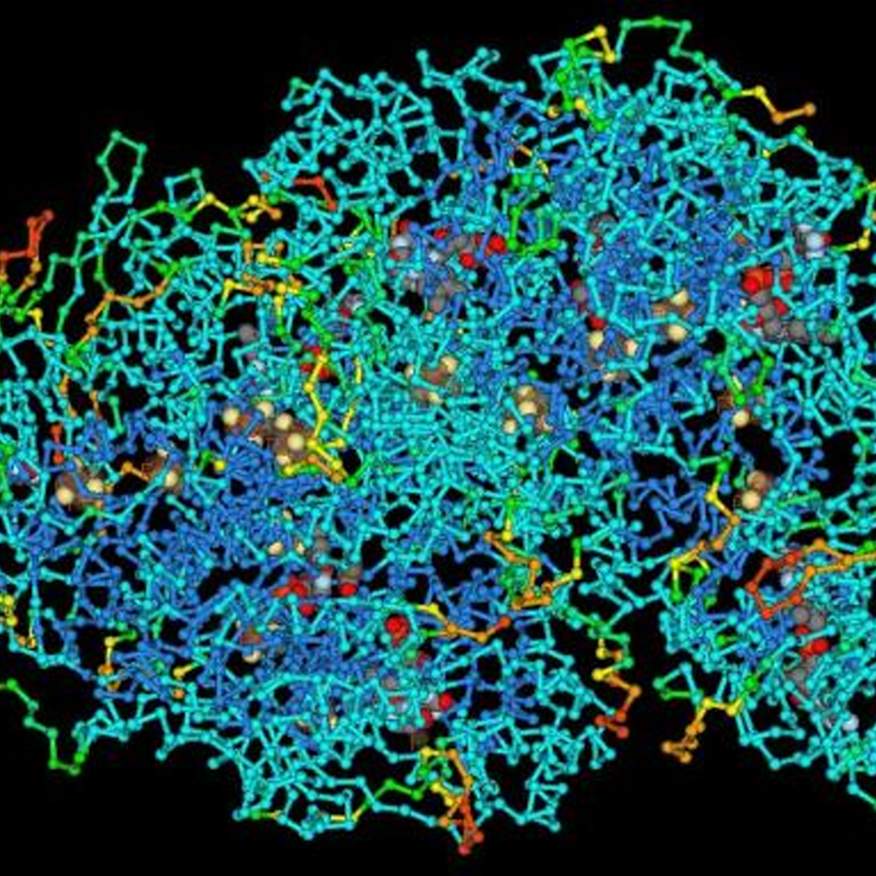
PhD research
Molecular diagnostics
Molecular diagnostics promises to make diseases visible long before they manifest themselves with clear symptoms level. Furthermore, this new technology promises to deliver its results anywhere, whenever wanted, fast and cheap. If these promises come true, a rapid proliferation of self-tests is to be expected.

Applied research Technology and risk
Moral Emotions and Risk Politics
This VIDI-project will offer a philosophical investigation of how moral emotions can be incorporated into political decision making and communication about risky technologies.
WhenDec 2009 - Dec 2014

Applied research
Moral fitness of military personnel in a networked operational environment
Military operational personnel are increasingly confronted with unprecedented complexities in their expeditionary missions. Collaboration between diverse partners is an essential requirement in these operations. Military organisations increasingly make use of network technology to foster information sharing and interactions between the parties in the network. We use the phrase Network Enabled Operations (NEO) to describe the added value of a well-networked operational environment. Mission success is increasingly determined by the soldier’s capabilities to evaluate high-stake situations, to make balanced decisions, and to collaborate in ad hoc alliances. Ethics and morality play a crucial role in dealing with diversity of perspectives and balancing multiple interests of collaborating parties and own interests. This research program will investigate the critical competencies of military personnel needed for moral decision making in network enabled operations. This central question is subdivided into three subquestions: What characterizes moral fitness in a networked operational environment; which are the psychological and social conditions that enable morally responsible decision making in a networked operational environment; and, in what ways does a networked operational environment affect military behaviour? The analyses address three issues in NEO: information sharing, collaboration, and delegation of authority. The aim of this research program is to theoretically analyse and empirically assess the drivers of moral fitness for adequate decision making and collaboration. This should contribute to the strengthening and insurance of morally responsible actions and decisions of military personnel in a networked operational environment, resulting in changes in education, training and mission preparation for military personnel.
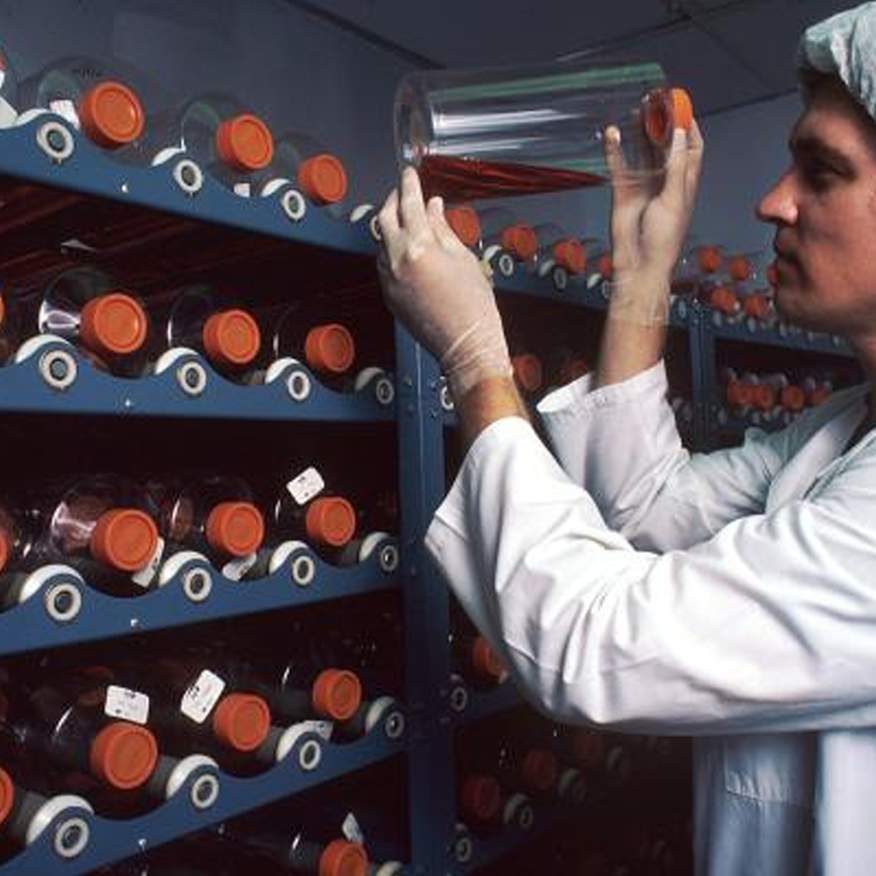
Applied research Technology and risk
Moral responsibility in R&D networks
Technological research projects increasingly take place in networks, which involve different kinds of actors. These networks often lack a strict hierarchy and a clear task division, and in these networks decisions are subject to negotiation. This increases the likelihood of the problem of many hands, which is the difficulty to identify, even in principle, the person responsible for some outcome, if a large number of people is involved in an activity. The occurrence of this problem in R&D is especially undesirable because technological developments may have significant negative societal impacts, as is witnessed by such examples as the use of asbestos, CFCs, DDT, nuclear waste and the greenhouse effect.

Applied research Energy and Sustainability
Multinational nuclear waste repositories
The safe disposal of nuclear waste is a challenge to humanity. While nuclear waste disposal was previously a national responsibility, countries are now considering multinational repositories. This raises new and intricate ethical issues. Like for many other major technological projects, a gap exists between assessing acceptance and acceptability. Public acceptance studies fail to include all the morally relevant features of technological projects, while ethical acceptability analyses often lack stakeholders’ insights.
WhenJan until Dec 2018
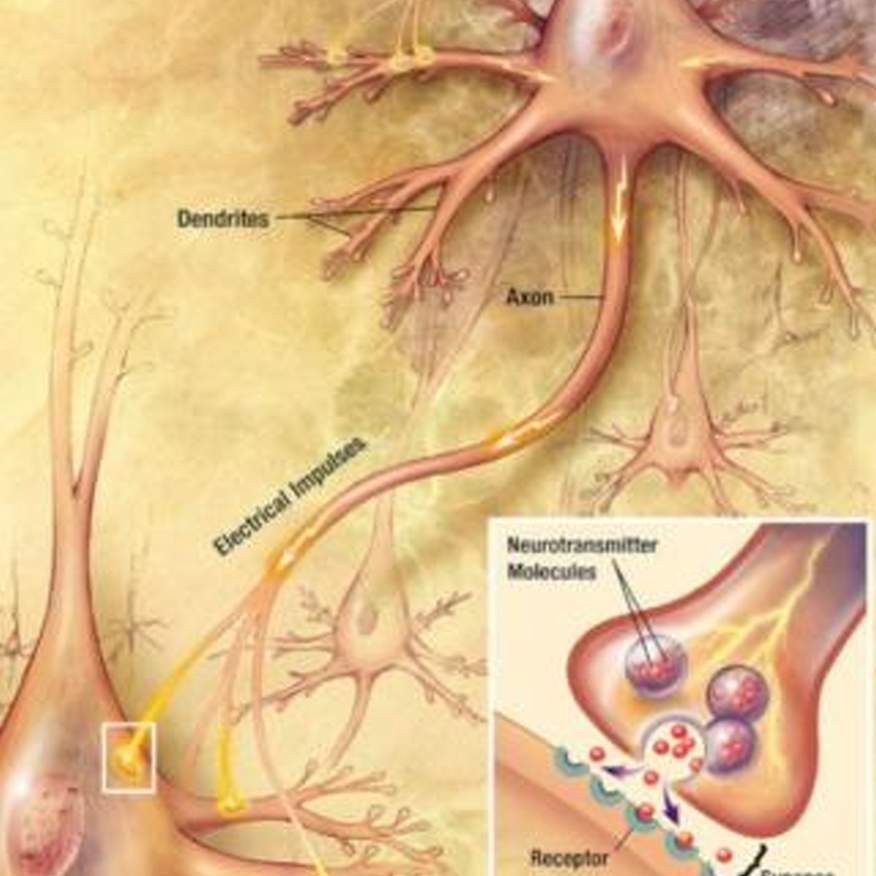
Applied research Medical Technology
Neuroethics: ethical, legal and conceptual aspects of neuroscience and neurotechnology
It is nowadays possible to study the living brain at a level of detail which was unthinkable as recently as 25 years ago. On top of this, technologies aimed at modifying (influencing, treating or enhancing) the brain – ranging from neuropharmacology to neuroengineering – are becoming more and more powerful. These developments give rise to numerous ethical and legal problems. As a result, the relatively new field of neuroethics is currently undergoing an explosive growth.
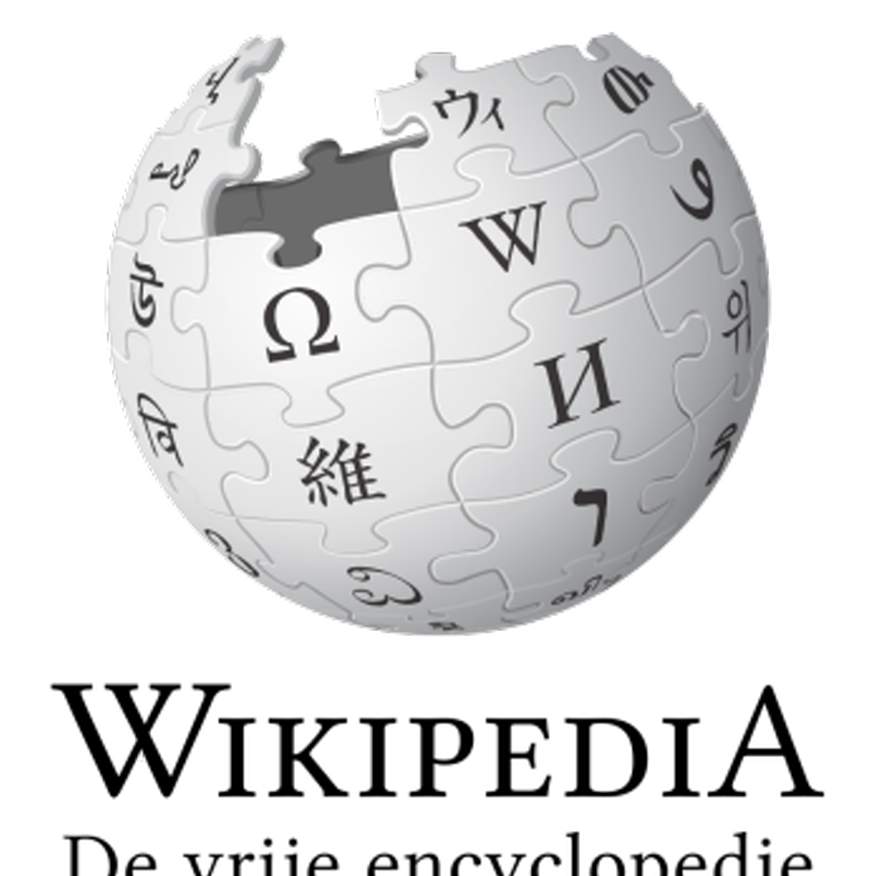
Applied research
New Media and the Quality of Life
New media have shaped modern culture, by affecting the way people behave, communicate, learn, and conceive of themselves and their world. The cultural impact of new media has become a major topic of academic study. An increasing number of studies is critical and normative, and assesses the goodness or badness of aspects and implications of new media culture. These implications have also become a hot topic in popular discussions, in which new media like the Internet, video games, and mobile telephones are criticized for their effects on social relations, values, institutions, and everyday life. Unfortunately, existing discussions, including scholarly ones, are often shallow, assigning labels like “good,” “bad,” “harmful” or “beneficial” with little argument or proof, and appealing to abstract values that are no further explicated or defended. A thorough appraisal of new media culture is made difficult by the uniqueness of many of its implications, and existing normative vocabularies, including those of ethics, political theory, aesthetics and epistemology, seem to fall short.

Applied research Technology and risk
New Technologies as Social Experiments
Technologies like biotechnology, nanotechnology and nuclear energy technology not only bring large social benefits but also introduce potentially catastrophic hazards. Many of the conventional approaches to risk governance are not directly applicable to these fields due to high levels of uncertainty and ignorance about potential hazards. To overcome this problem, the proposed research conceptualizes technology as a form of social experimentation and investigates the conditions under which such social experiments are morally acceptable. In this perspective, introduction of technology into society is not seen as a one-off decision but rather as an ongoing social experiment. On the basis of a conceptualization of technology as social experimentation, conditions for responsible experimentation are proposed and applied to three technological domains: nanotechnology, biotechnology, and nuclear technology. All these domains are characterized by a combination of large potential benefits, potential catastrophic hazards and high levels of uncertainty. On the basis of an evaluation of these domain applications, the conditions for responsible experimentation will be revised and refined. The conditions will also be compared with proposals in the literature on management under uncertainty and ignorance and on the regulation of new emerging technologies. The resulting conditions for responsible experimentation are relevant for national, European and international policy with respect to new technologies. The proposal will also help to find new ground in the stalemate between proponents and opponents of new technologies who both start from the assumption that the introduction of technology into society is a one-off decision while radically disagreeing on what normative and evidential grounds these decisions should be made. Lastly, by applying the notion of social experimentation the proposed research develops a new paradigm for ethical analyses of new technologies, which recognizes that uncertainty and ignorance cannot be fully reduced before new technologies enter society.
More information can be found here.
Funding
1,5 Meuro NWO
More information can be found here.
Funding
1,5 Meuro NWO
WhenJun 2011 - Jun 2016

Applied research Energy and Sustainability
Persuasive technology and social values
Andreas Spahn
WhenAug 2009 - Jul 2013

Applied research Conceptual analysis Cross-disciplinary Fundamental research Design for values Engineering ethics Ethics of New and Emerging Technologies Hidden design Medical Technology Moral issues in the use and regulation of technology Robotica
Philosophical Anthropology of Technology
Anna Puzio

PhD research
Product Impact: Theory and ethics of behavior steering technology
Steven Dorrestijn

Cross-disciplinary Responsible innovation
RE4GREEN: Research Ethics and integrity for the GREEN transition
RE4GREEN aims to help establish an ethics and integrity framework for research and innovation activities in Europe, aligned with the goals of the European Green Deal for a sustainable economy and society. This means moving beyond the current understanding of research ethics towards a more holistic framework that besides the protection of research participants also encompasses environmental and climate issues.
WhenJan 2024 - Dec 2026

Research
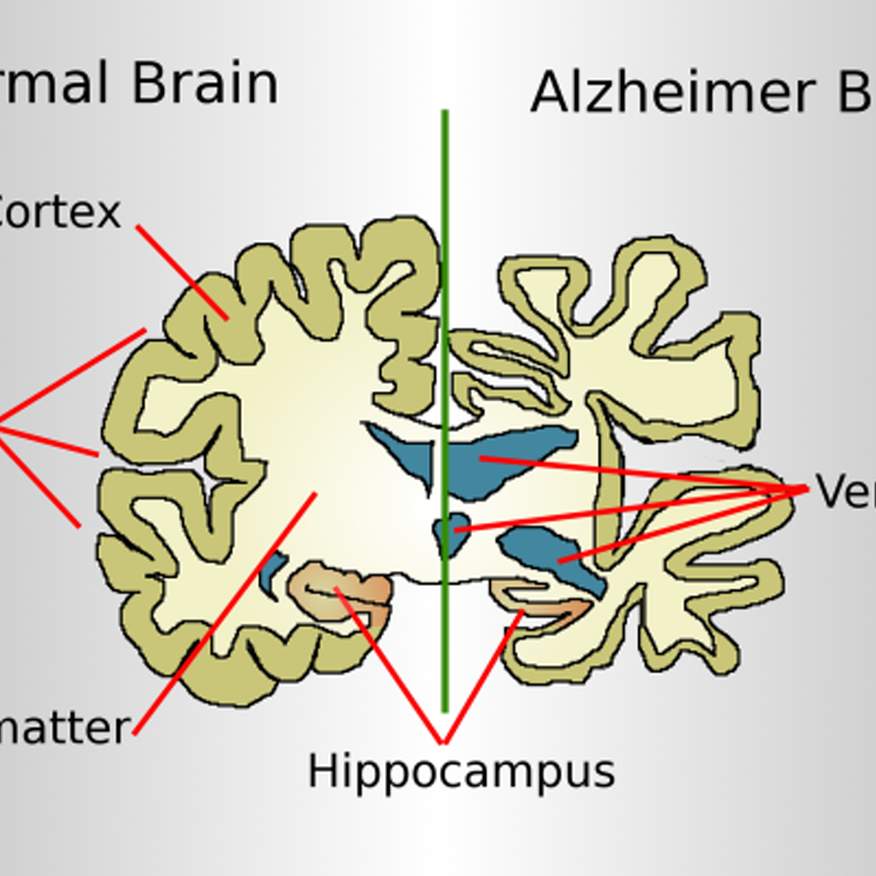
Applied research Medical Technology
Responsible early diagnostics for Alzheimer's disease
Marianne Boenink
WhenNov 2009 - Jun 2015
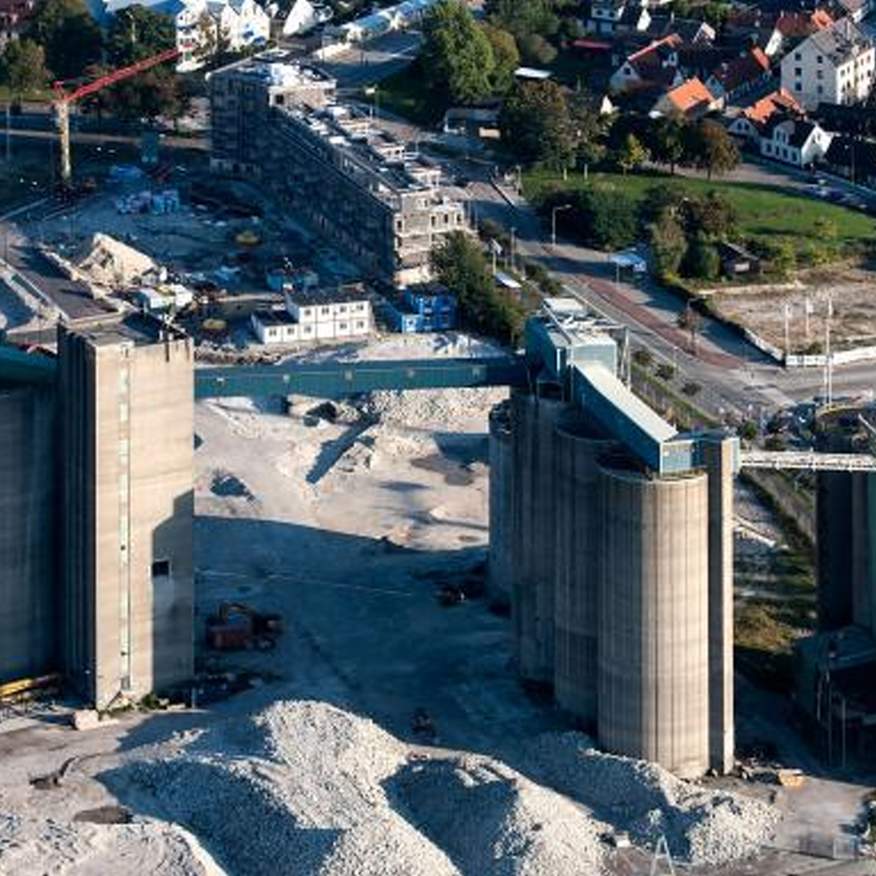
Applied research
Responsible Industry
Philip Brey
WhenJan 2014 - Jun 2017
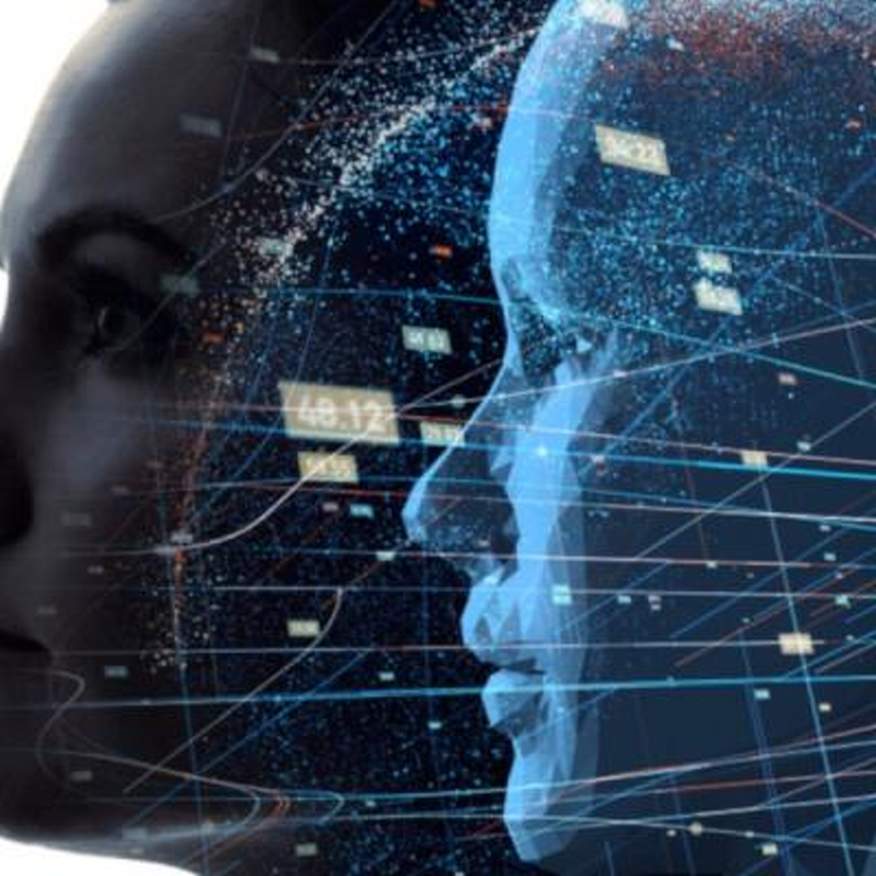
PhD research
Responsible innovation in data driven biotechnology
Koen Bruynseels

Applied research
Responsible Innovation in Food Technology
Thus far, ‘responsible innovation’ restricts itself to taking into account negative impacts of emerging technologies on safety, health and environment. But many technologies also impact our culture, morals and politics. The public holds technologists accountable for these ‘soft impacts’, but the latter typically feel unable, or unwilling, to integrate those impacts in their research, judging them non-quantifiable, controversial, or – at best – private. This research seeks to improve the dialogue between of science and society – considered to be the hallmark of any responsible innovation – on these soft impacts, and their integration into innovation. This is necessary, because societal acceptance of emerging technologies depends partially on society trusting technologists to take these wider concerns into account. A complication is that societal appreciation of soft impacts is not stabile, but is coshaped by the technological innovations. Thus, the dialogue between society and science is bound to be dynamic and permanent. Our research combines alpha, beta and gamma expertise, providing an overview of the ‘soft’ controversies regarding food technology, organizing fruitful stakeholder interactions, and investigating if and how those concerns can be translated to research. The betas provide the state of the art and prospects of their fields. The philosophy PhD student surveys the controversies regarding food technology, expands the parameters of public reason so that these can encompass soft impacts, and analyses techno-moral change. The social sciences PhD student studies the ‘rhetoric’ of discussions concerning soft impacts and research agendas, and designs ways to make stakeholders self-reflexive about the contingencies of hard/soft and public/private distinctions.
Funding
Funding

Applied research
SATORI
Agata Gurzawska Philip Brey
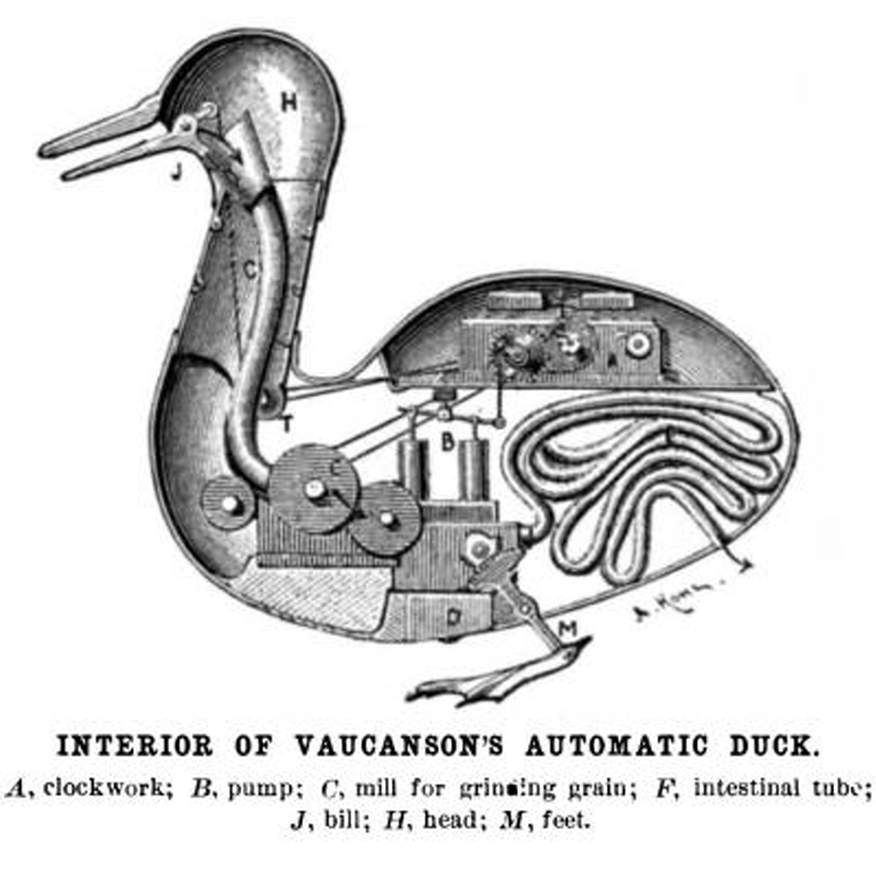
Fundamental research
SIENNA
Philip Brey
WhenSep 2017 - Mar 2021
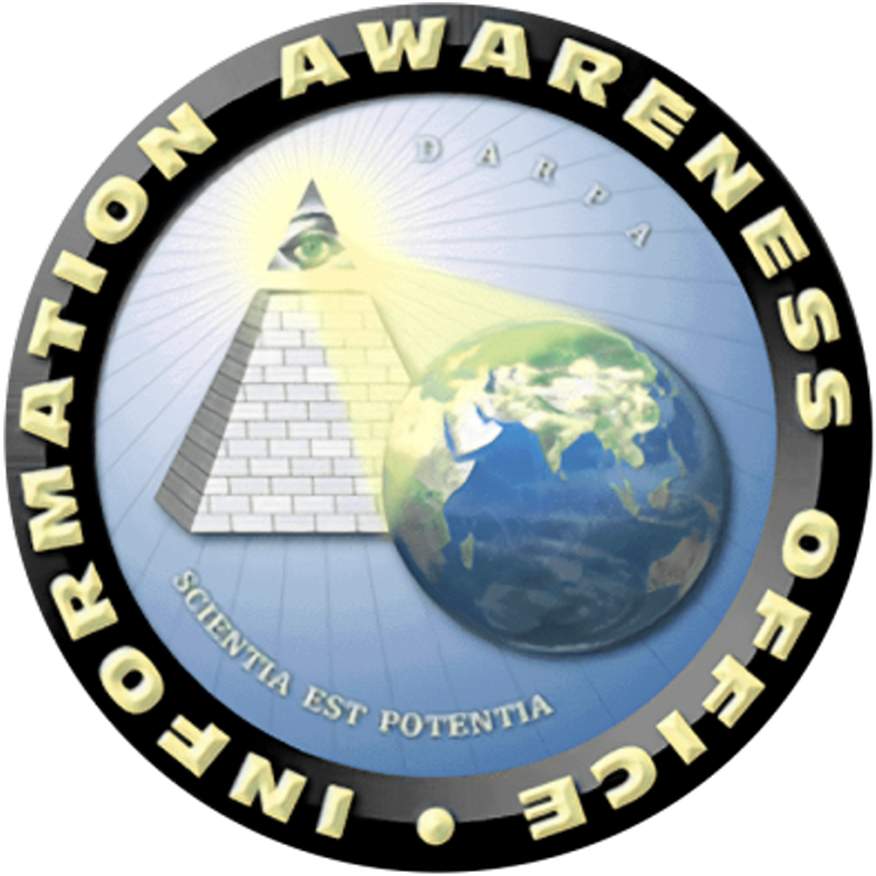
Cross-disciplinary
SURVEILLE
Jeroen van den Hoven
WhenJan 2012 - Jun 2015
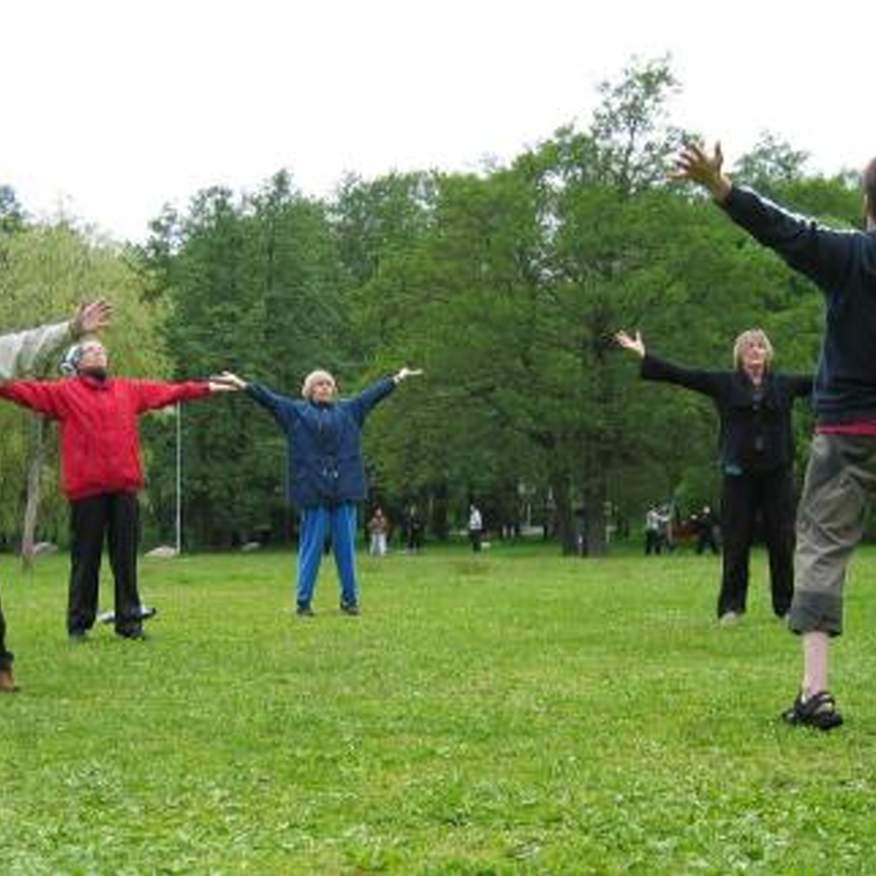
Applied research Energy and Sustainability Medical Technology
Technology and Human Development. A Capability Approach
Jeroen van den Hoven
WhenAug 2009 - Sep 2015
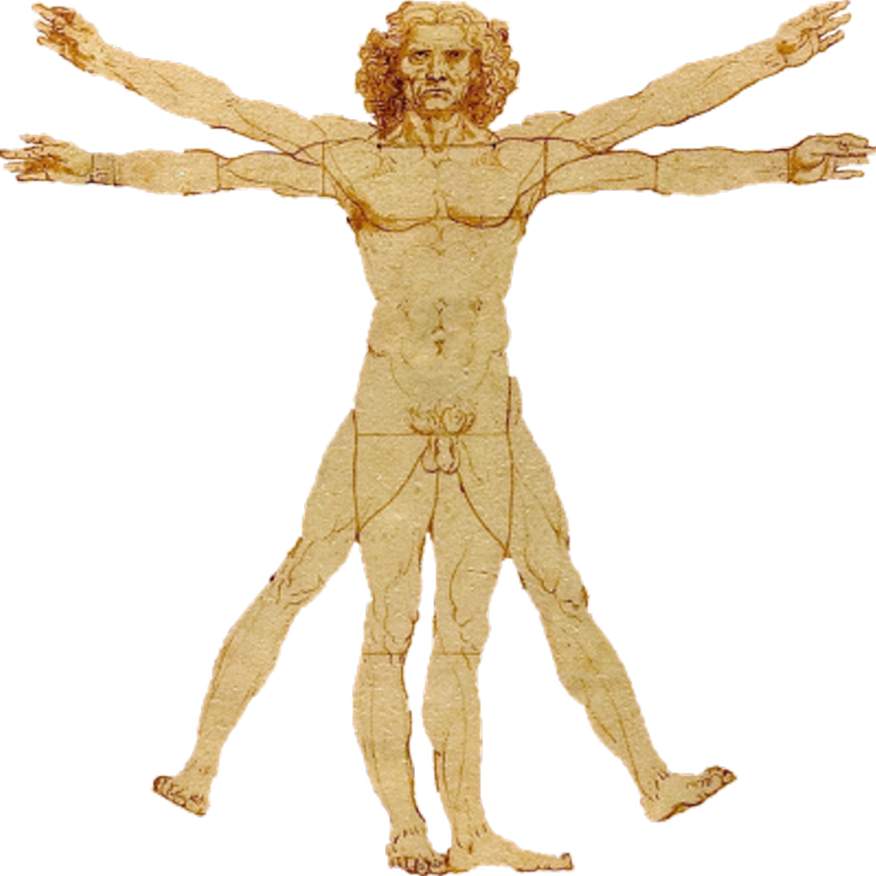
Applied research Medical Technology Robotica
Technology and the limits of humanity
Peter-Paul Verbeek

Applied research
Technology and the Matter of Morality
Peter-Paul Verbeek

Applied research Medical Technology
Telecare at home
Peter-Paul Verbeek
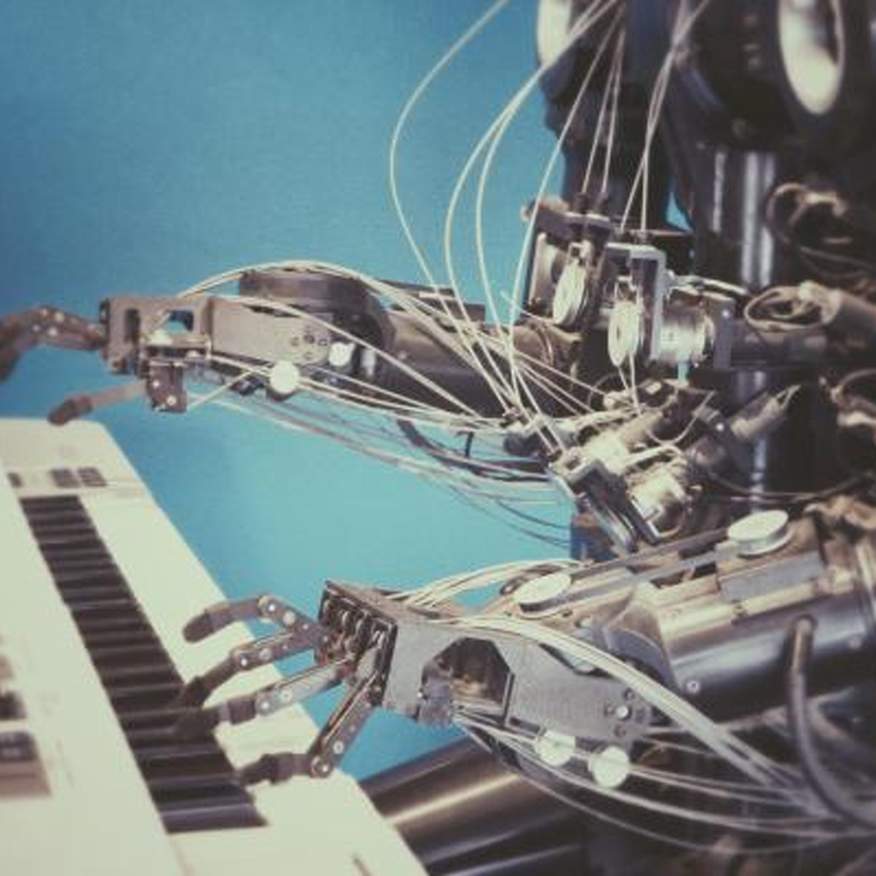
PhD research
The emperical turn revisited
Mariska Bosschaert Vincent Blok
WhenNov 2021 - Nov 2025
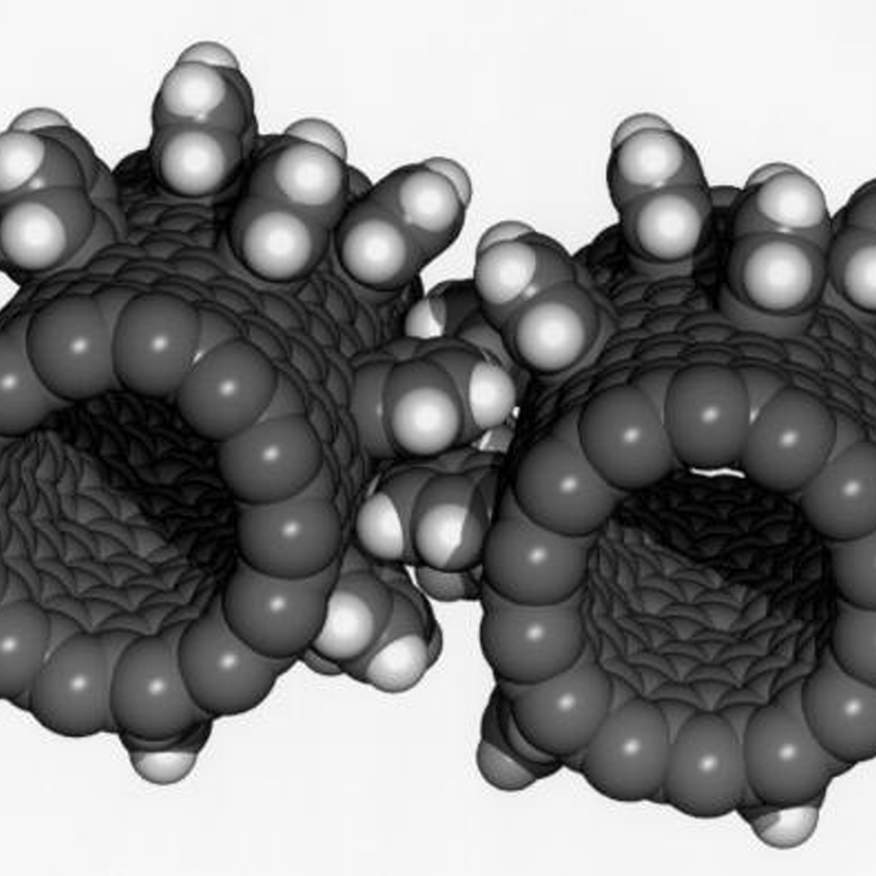
Applied research
The ethical consequences of converging technologies
Tsjalling Swierstra

PhD research Energy and Sustainability Technology and risk
The ethics of flood risk management
Neelke Doorn
WhenJan 2014 - Jan 2018

Applied research Big data
The New Science of Existential Well-being
Philip Brey
WhenDec 2016 - Dec 2019

Applied research
Theorizing Technological Mediation
Olya Kudina Peter-Paul Verbeek
WhenJun 2014 - Jun 2019

Applied research Energy and Sustainability
VENI-grant for innovational research from the Netherlands Organization for Scientific Research (NWO)
Behnam Taebi
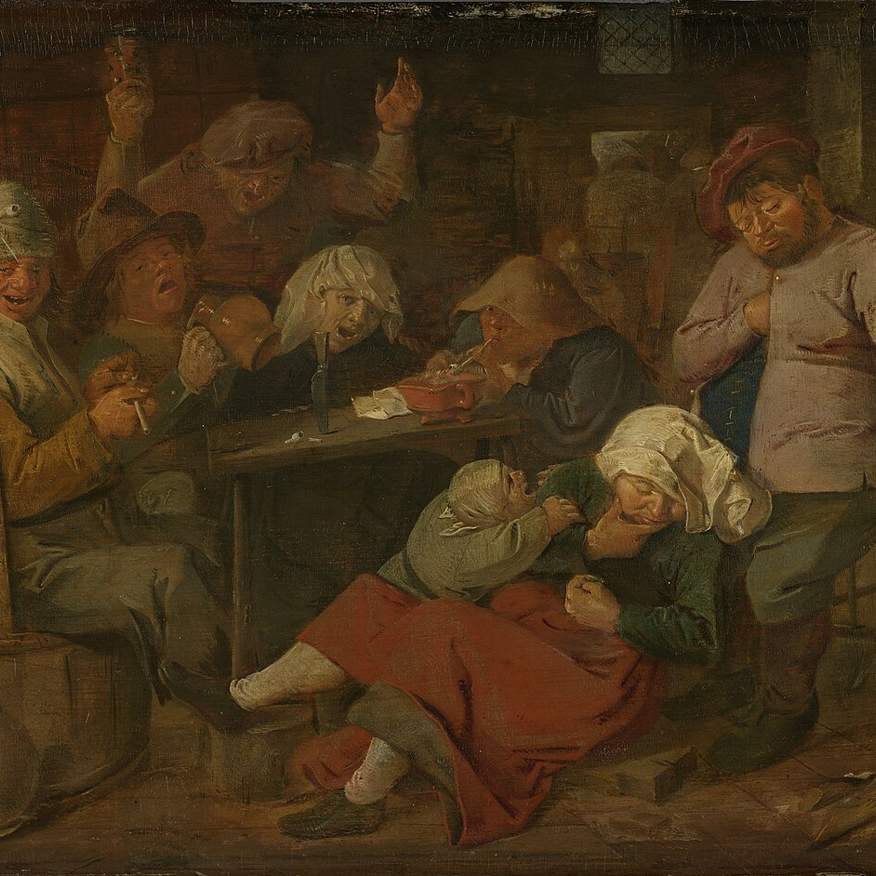
Conceptual analysis Health
What is ‘an alcohol problem’?
Science-based interventions to reduce alcohol-related harms are urgently needed. Yet there is no consensus about how to identify problematic alcohol use. Research into alcohol use is pervaded by partially conflicting conceptualizations, definitions, and operationalizations, which leads to tensions and conflicts in interdisciplinary collaboration, policy-making, and clinical practice. This exploratory philosophy of science project provides a mapping of conceptualizations in and the epistemological landscape of alcohol research. It thus aims at increasing our understanding of the conceptual and epistemological sources of conflicts in alcohol research and policy.
NWO XS Grant: 406.XS.04.008
NWO XS Grant: 406.XS.04.008
WhenDec 2023 - Jul 2024
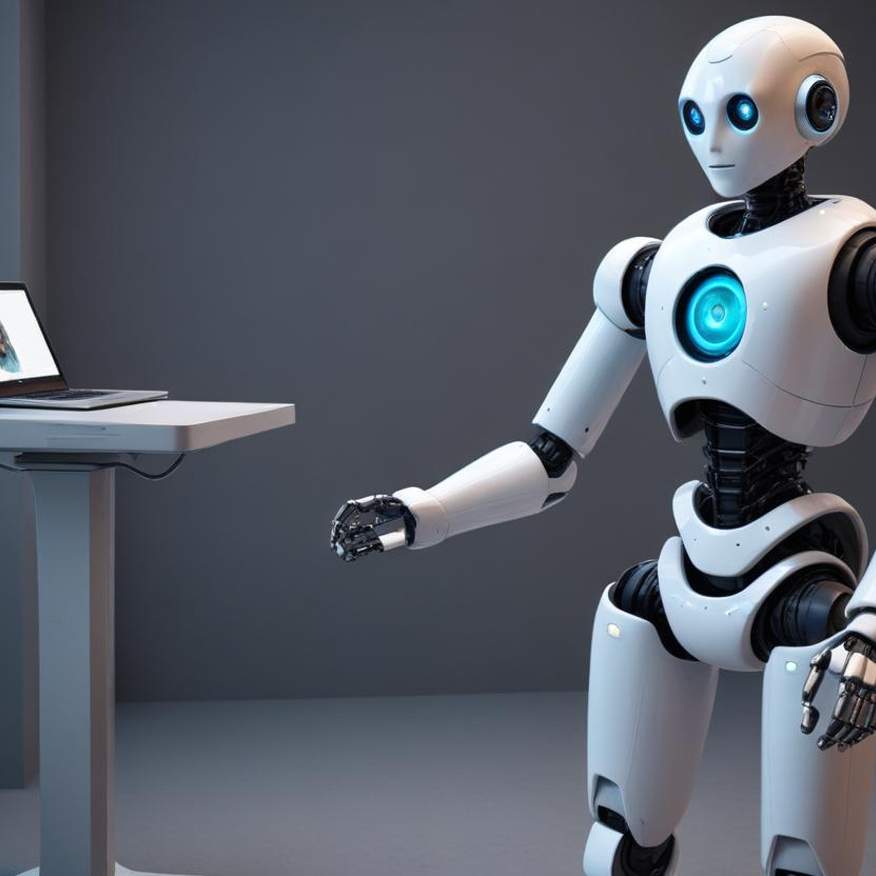
Conceptual analysis Ethics of New and Emerging Technologies Artificial Intelligence
When Computers Join the Moral Conversation
Recent developments in Artificial Intelligence (e.g. ChatGPT) mean computers are poised to play an unprecedented role in the human moral conversation. If no action is taken, by default humans will routinely encounter computer systems that appear to praise and blame, make claims about right and wrong, command and scold, and express moral emotions. Such interactions have the potential to profoundly influence human values and norms. This project will identify important moral conversational roles that computer systems are already playing, which urgently need ethical scrutiny, and will develop initial ethical recommendations for further research and debate.
Duration project: 1 September 2023 - 31 August 2024
Duration project: 1 September 2023 - 31 August 2024
WhenSep 2023 - Aug 2024

Applied research Energy and Sustainability
Wise Choices and Smart Savings
Auke Pols Andreas Spahn
WhenDec 2012 - Dec 2014
HomeResearch



